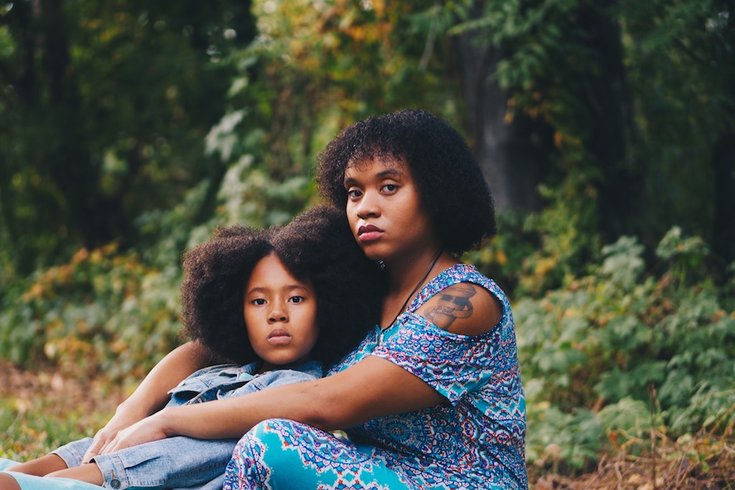
May 14, 2019
 Eye for Ebony/Unsplash
Eye for Ebony/Unsplash
Guidelines for the mental health care of girls and women was updated for the first time in over 10 years.
The American Psychological Association released new guidelines for psychological practice with girls and women on Monday — a long-awaited update from its last publication geared toward females in 2007.
“During recent decades, girls and women of diverse ethnicities and races, abilities, social classes, sexual orientations, gender identities, and life experiences have encountered dramatic and complex changes in education, work, reproductive and caregiving roles, and personal relationships,” the APA writes. “Many of these changes have yielded increased equality, improved opportunities, and enhanced quality of life.”
Overall, the updated guidelines stress a more holistic, empathetic and understanding role for mental health care providers.
RELATED READ: Philadelphia to host free mental health events throughout May
According to Well and Good, however, there’s no sure-fire way to ensure providers follow the guidelines. The APA suggests they be used in conjunction with its other practice guidelines, including the organization's best practices for multiculturalism, adult PTSD, disabilities and LGBTQ care.
In part, the updated guidelines for girls and women recommend that:
• Psychologists recognize girls’ and women’s strengths and resilience and work to honor and cultivate these.
• Psychologists strive to be aware that girls and women form their identities in contexts with multiple, contradictory, and changing messages about what it means to be female.
• Psychologists strive to recognize, understand, and use information about structural discrimination and legacies of oppression that continue to impact the lives and psychological well-being of girls and women.
• Psychologists are encouraged to reflect on their experiences with gender and on how their attitudes, beliefs, and knowledge about gender, and the way gender intersects with other identities, may affect their practice with girls and women.
• Psychologists strive to assign diagnoses to girls and women only if and when diagnosis is necessary, use unbiased assessment tools, and bring to bear an understanding of the history of misuses and gender biases and diagnoses and assessment.
• Psychologists strive to be knowledgeable about, use, and provide support for relevant mental health, education, and community resources and, when indicated, folk, indigenous, and complementary or alternative forms of healing for girls and women.
View the full APA report here.